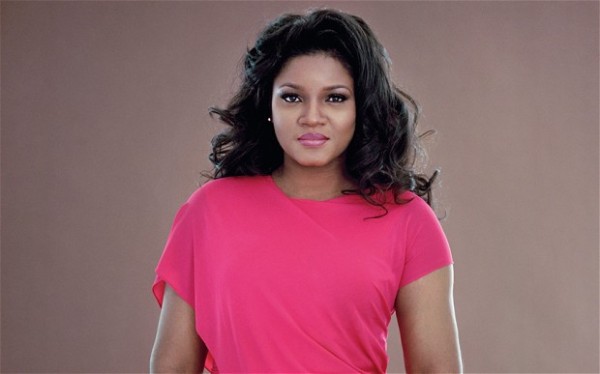My Family Celebrated Birthday, Marriage Anniversary, And Graduation In One Day
Omotola Jalade Ekeinde
Nollywood actress, Omotola Jalade-Ekeinde has come out to celebrate her first daughter, Princess, who recently bagged a MSc degree from a Dubai University.
She recently had her say via her social media page, and Nigerians have been reacting.
According to her, the 23rd of Match was a birthday/Marriage anniversary/Graduation triple celebration for her family, and she is grateful to God.
Omotola added that she wishes anyone who loves her genuinely triple celebrations in their own lives too.
Her words, “23rd of March 2022 was a very Special day for me. It was my Honeyboy ( hussy’s ) Birthday, My 26th
Marriage Anniversary! and because God promised me everything now will be triple triple…? He put my first Daughter’s graduation on Same day !”
“So this is how we spent our day . It was a birthday/Marriage anniversary/Graduation celebration!”
“Thanks for all your posts , messages , well wishes … Really Appreciated.”
“Do you love this ? And want God to do this and much more for you? With No bad belle, just say Congratulations!”
“I wish you triple triple blessings too.”
WOW.
Nollywood is a sobriquet that originally referred to the Nigerian film industry. The origin of the term dates back to the early 2000s, traced to an article in The New York Times. Due to the history of evolving meanings and contexts, there is no clear or agreed-upon definition for the term, which has made it a subject to several controversies.
The origin of the term “Nollywood” remains unclear; Jonathan Haynes traced the earliest usage of the word to a 2002 article by Matt Steinglass in the New York Times, where it was used to describe Nigerian cinema.
Charles Igwe noted that Norimitsu Onishi also used the name in a September 2002 article he wrote for the New York Times. The term continues to be used in the media to refer to the Nigerian film industry, with its definition later assumed to be a portmanteau of the words “Nigeria” and “Hollywood”, the American major film hub.
Film-making in Nigeria is divided largely along regional, and marginally ethnic and religious lines. Thus, there are distinct film industries – each seeking to portray the concern of the particular section and ethnicity it represents. However, there is the English-language film industry which is a melting pot for filmmaking and filmmakers from most of the regional industries.



